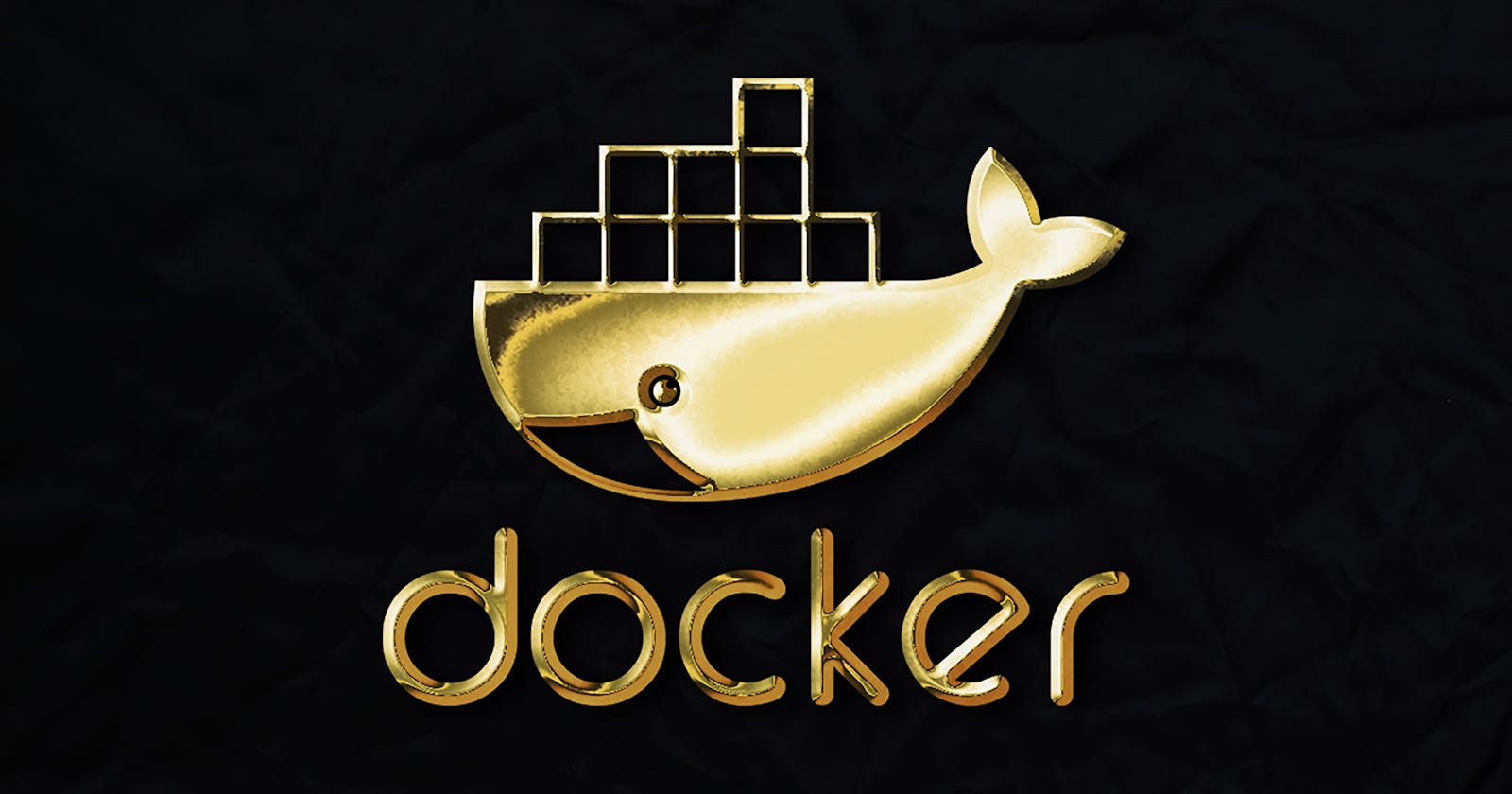Table of contents
No headings in the article.
Docker is a platform providing developers and organizations with a powerful tool for building, testing, and deploying applications through containerization. In this article, we will explore the why, what, and how of Docker, and explain why it has become such an essential tool in software development.
Let's see why Docker has become so popular.
A need for speed, flexibility, and scalability characterizes the modern software development landscape. Docker provides a solution to many of the challenges developers face when building, testing, and deploying applications. With Docker, developers can package their applications and dependencies into a single container, providing a consistent runtime environment that can be easily moved between different environments. This helps to reduce inconsistencies and ensures that applications behave the same way in every environment. Docker also provides a lightweight and efficient platform for deploying and scaling applications, which allows organizations to respond quickly to changing business needs.
Now let’s see what exactly Docker is.

Docker is a containerization platform that allows developers to package their applications and dependencies into a single container, which can be easily deployed on any system that has Docker installed. Each container runs in its own environment, with its own filesystem, network stack, and process space, and can be easily started, stopped, or deleted without affecting other containers on the same system. Docker also provides a layered filesystem that enables images to be built incrementally, with each layer representing a specific component or dependency. This makes it easy to share and reuse Docker images, as developers can simply build on top of existing images without having to recreate the entire application stack from scratch.
Now it’s time to understand how Docker actually works.
Docker is based on a client-server architecture, with the Docker client communicating with the Docker daemon (the server) to build, run, and manage containers(A container is a runnable instance of an image). Docker also provides a robust ecosystem of tools and services, including Docker Hub (a centralized repository for Docker images), Docker Compose (a tool for defining and running multi-container applications), and Docker Swarm (a container orchestration tool for managing clusters of Docker hosts).
In conclusion, Docker has become an essential tool in Software development by revolutionizing several factors, including:
Complexity of application deployment, Inconsistencies in development and production environments, Difficulty in managing dependencies, Need for scalability and flexibility, and Security concern which is desired for a more efficient and flexible platform for managing and scaling applications.
